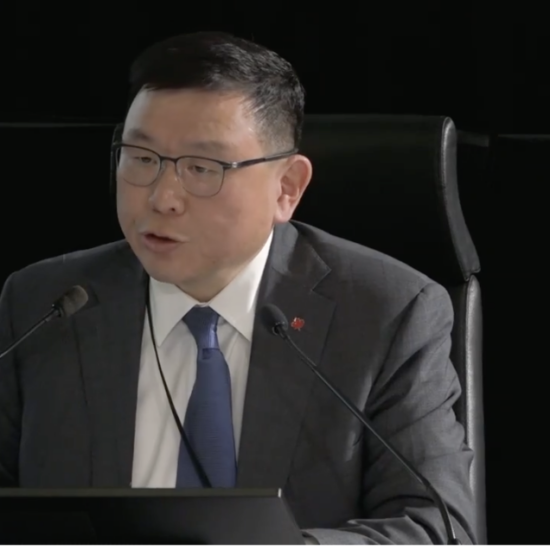
Bob Mackin
A journalism professor wonders if British Columbia has gone too far in legislating privacy.
Two people complained that Surrey Creep Catcher, the vigilante group battling child sexual abuse, captured and published their images without permission. On July 24, Acting Information and Privacy Commissioner Drew McArthur ordered SCC to destroy videos of those stings by Sept. 6.
“I really wonder whether or not we should be legislating civil society in this way. It strikes me that Canada has become far more obsessed with privacy than we have with other values that should be given equal considerations,” said Sean Holman of Calgary’s Mount Royal University. “To me, that’s the more important issue, is how far do we go in legislating civil society, and what kind of restrictions do we place on civil society?”
McArthur’s order said SCC induced two people to communicate online with a woman who pretended to be under the age of 16. They were lured to a public location where SCC confronted them with cameras rolling. McArthur found SCC’s collection, use and disclosure of personal information breached the Personal Information Protection Act, because SCC had no permission or authority. 
“This unfortunately is the nature of vigilante groups to some extent, is that they exist because of lack of confidence in the authorities and it’s a short step from lack of confidence in the authorities to lack of respect for the laws,” said Vince Gogolek, B.C. Freedom of Information and Privacy Association executive director. “We’re still a country that is governed by rule of law, there are laws we like or don’t like or whatever, but we have to obey them. Privacy law is no different.”
SCC argued that its activities should be covered by an exception in the law for journalism, but McArthur rejected that defence.
“The organization posted videos of the complainants and other information about them, but this does not automatically constitute journalism,” McArthur wrote. “Again, there is no fair attempt to describe or analyze the facts, or to provide opinion or debate. The purpose of the exercise is to entrap individuals whom the organization believes are attempting to lure a minor and to publicly denounce them.”
Blurring the lines
Holman conceded this may not be the ideal test-case, but it is a worthy conversation-starter about what constitutes journalism in an era of media evolution.
“As civil society and journalism changes, we now increasingly have civil society groups doing what could be described as journalistic work in the absence of these [mainstream media] outlets that could be capable or willing to do that work,” Holman said. “This case is an indicator that journalists in Canada should have been more aggressive in the past about establishing a definition of what constitutes journalism.”
Holman worries that, for example, a videotaped ambush of a corporate executive over a company’s pollution or corruption could end in the same fashion as the case against SCC. Or it could have a chilling effect and deter someone from seeking comment in such a fashion.

Ryan LaForge (Facebook)
“You could see many other civil society groups running afoul of this law for similar reasons, if any civil society group is doing accountability work regarding a whole range of issues,” he said.
Gogolek concurred. He said there may be parallels to a 2013 Supreme Court of Canada decision that found Alberta’s privacy law unconstitutional. Union members who videotaped a picket line outside a West Edmonton Mall casino in 2006 failed to convince lower court judges that they were performing journalism. The country’s highest court did eventually side with the union, agreeing that the privacy law breached the union’s “ability to communicate and persuade the public of its cause.”
SCC tactics recall the “To Catch a Predator” stings that ran a decade ago on Dateline NBC. SCC received extensive national mainstream media attention in 2016 for a sting involving a Surrey RCMP officer. Dario Devic faces trial on a charge of communicating with a person under age 16 for purposes of sexual interference or touching. SCC leader Ryan LaForge was charged with assault in connection with two stings in April of this year. In one of them, the target was charged with child luring.
LaForge was defiant in a July 25 Facebook video directed at McArthur. He vowed that he would not comply with the order and would step-up his efforts to protect the community from those who intend to harm children.
“You guys trying to cover up child luring? You guys trying to destroy evidence of adults meeting children?” LaForge said on Facebook. “What kind of fucked-up system is it when you guys are placing orders on me to destroy evidence of adults who wanted to meet children off of the Internet? I’m sorry, but the RCMP themselves can say Ryan stop it, and I say the same thing: cuff me, put me in jail! You know what they’re doing? They’re making me go harder, I’m actually going to go harder at this.”
Said McArthur in an interview with theBreaker: “We’ll wait until Sept. 6 to see if they have complied. If they haven’t by then, then we’ll refer to the authorities.”










